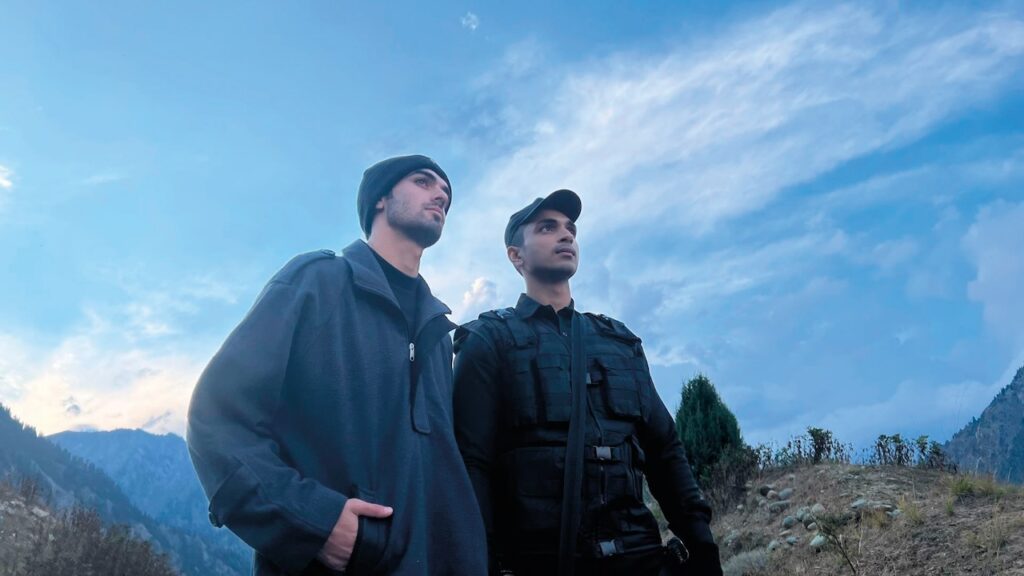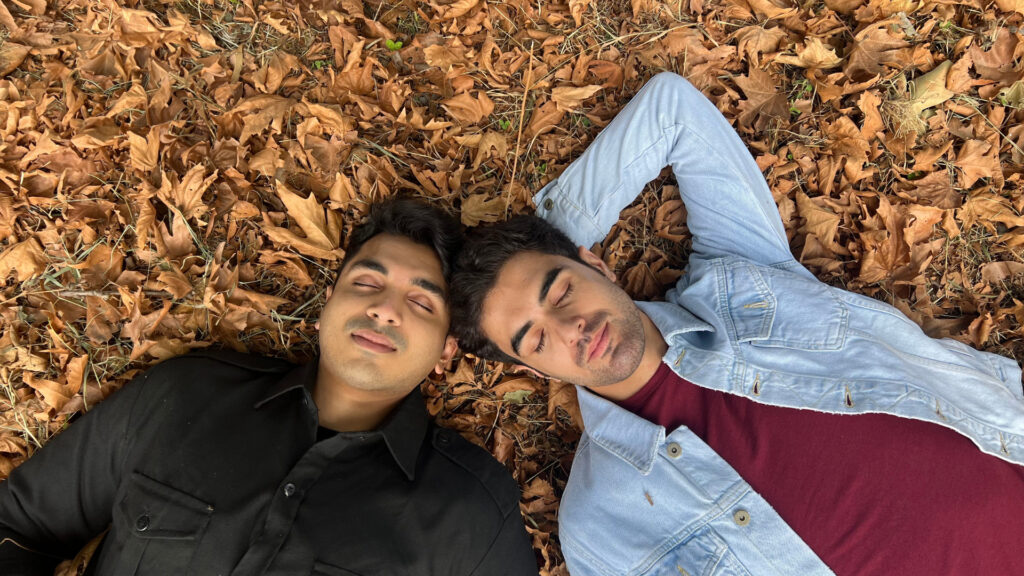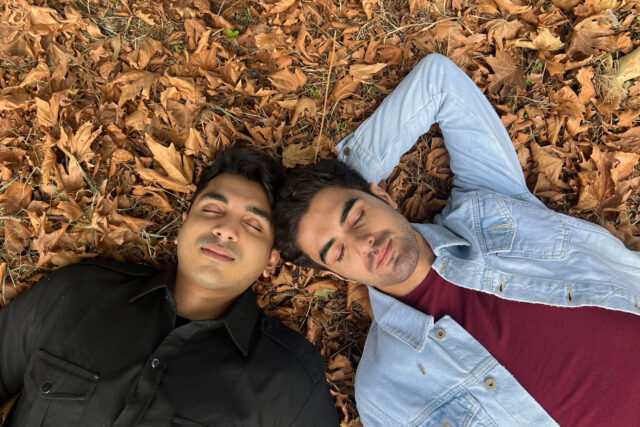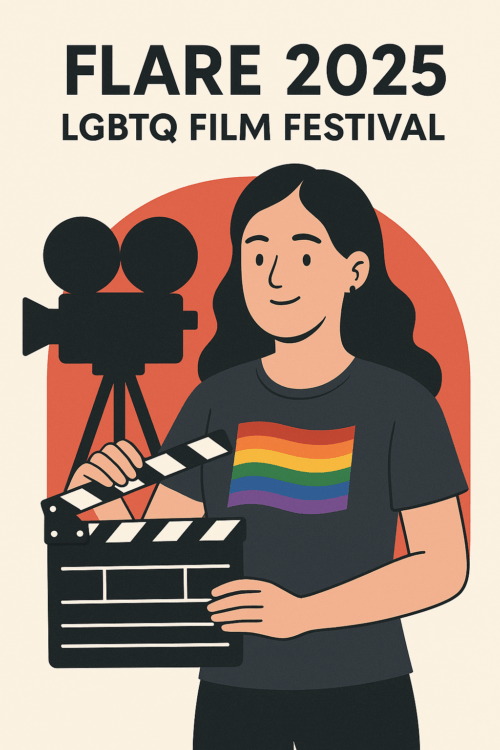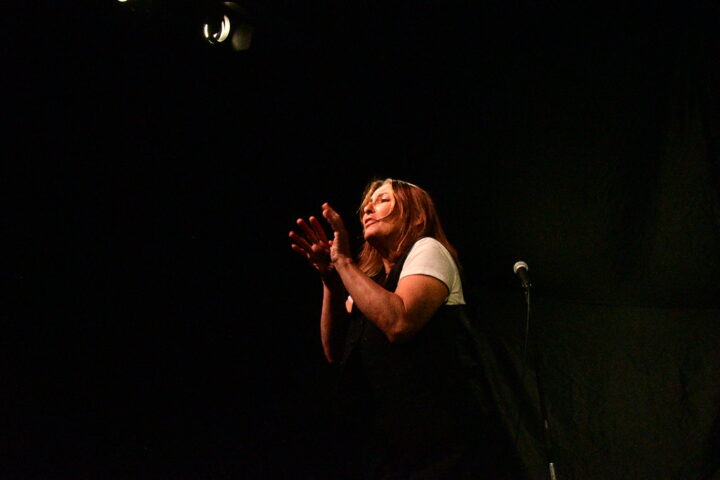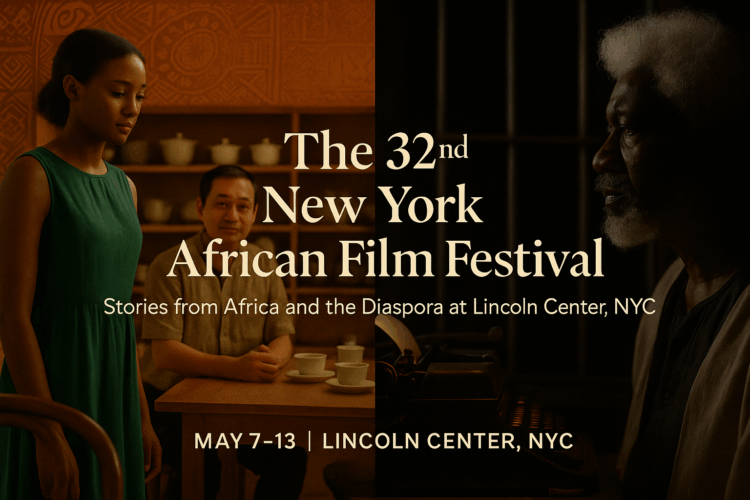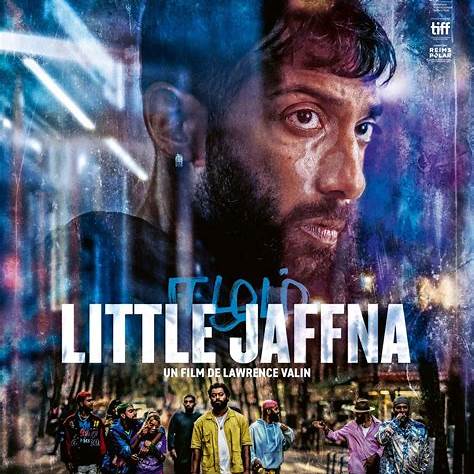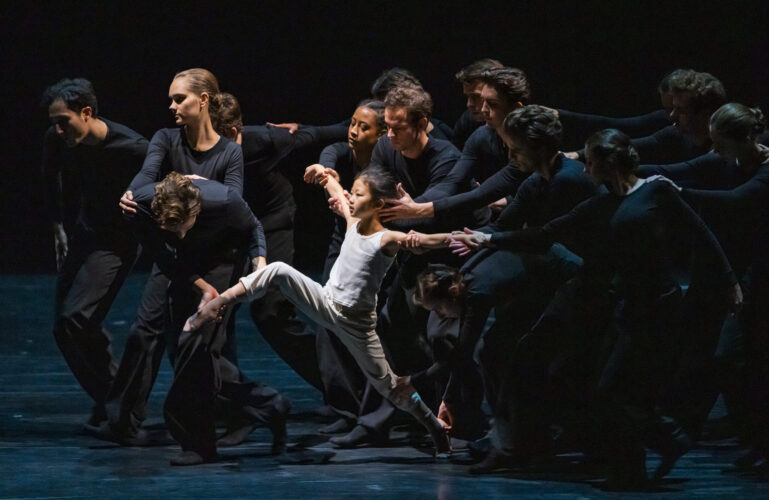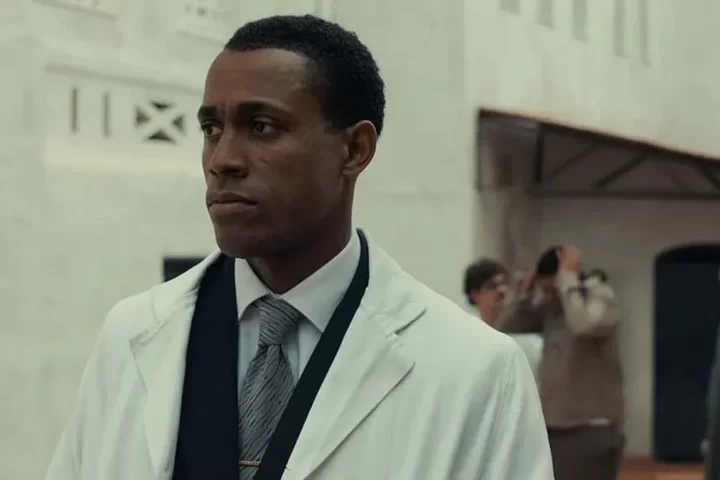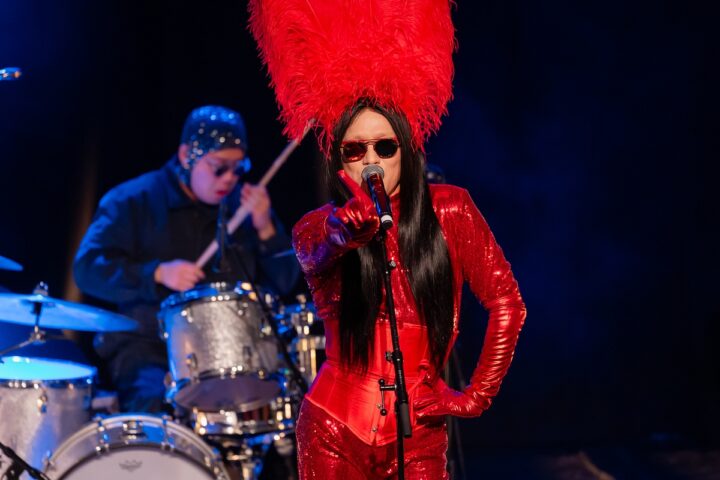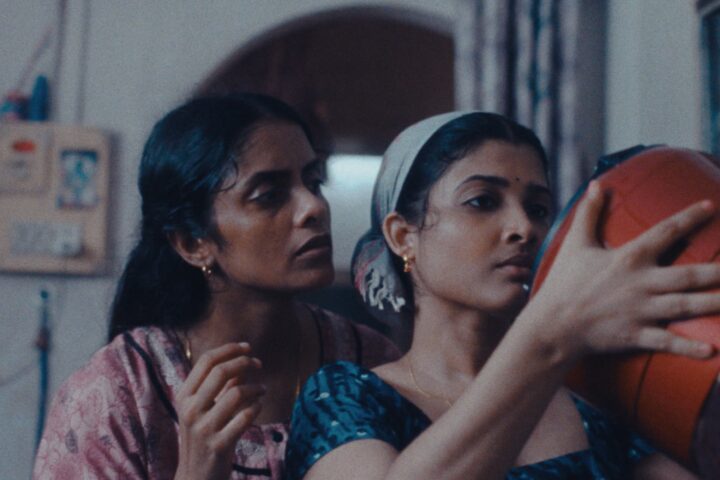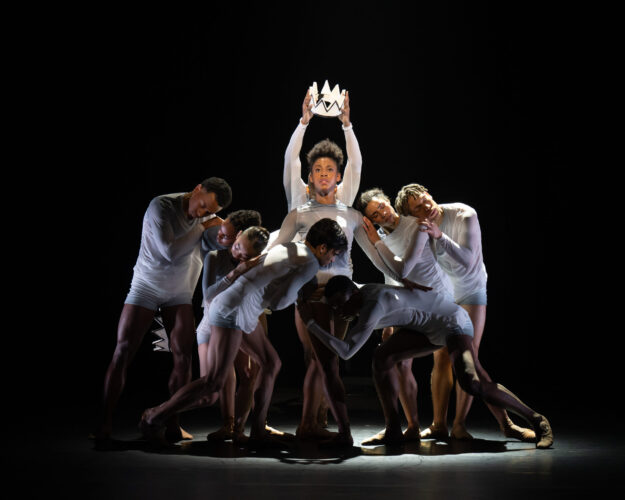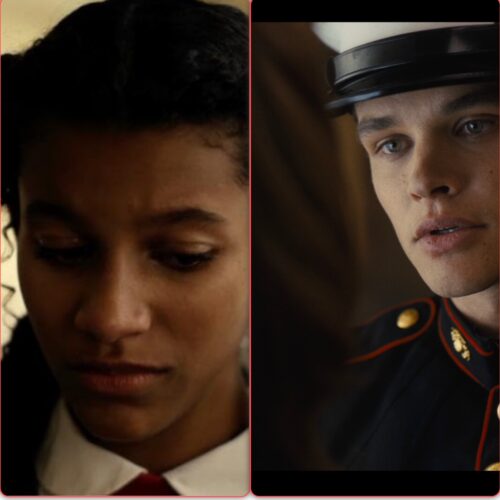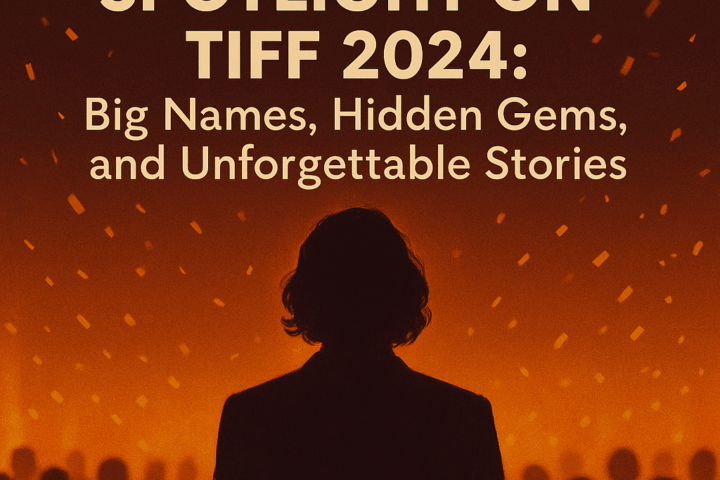Flare 2025: A Celebration of LGBTQ Cinema
By Beverly Andrews
London’s 2025 Flare Film Festival concluded this spring with its trademark showcase of films and shorts created by or focused on the global LGBTQ community. Now in its 39th edition, the festival is more popular than ever, with attendance up by six percent. Below are a few of my personal highlights.
A Hilarious Look at a Mother-Son Relationship
Four Mothers, directed by Darren Thornton, recalls the early films of Spanish auteur Pedro Almodóvar. The story follows Edward, a newly successful Irish author, as he struggles to care for his disabled mother while preparing for his first U.S. book tour. His anxiety only grows when three of his friends—keen to attend a queer festival in Spain—drop off their equally infirm mothers at his doorstep for the weekend.
To Edward’s horror, the four mothers bond and decide they want to visit a clairvoyant in Wales—thus begins a delightful road movie and a journey of self-discovery. Four Mothers is an Irish remake of Gianni Di Gregorio’s Italian classic Mid-August Lunch. While it may not quite reach Almodóvar’s cinematic heights, the film offers plenty of charm. James McArdle brings depth to Edward, whose growing understanding of his mother ultimately leads to a better understanding of himself.
Night Stage: Erotic Thriller with a Queer Twist
The festival’s closing film, Night Stage, explores the volatile mix of desire and danger between two men—a politician and a rising actor—who discover not only a mutual attraction but a shared appetite for increasingly risky sexual encounters. Directed by Brazilian duo Filipe Matzembacher and Marcio Reolon, the film offers a provocative reversal of the closeted-powerful-man trope. Here, the protagonists briefly resist but ultimately surrender to their desires, regardless of the consequences.
With stylistic nods to Brian De Palma and Paul Schrader, Night Stage reinvents the erotic thriller through a queer lens—one that’s both daring and refreshingly unapologetic.
A Timely Queer Love Story in Troubled Kashmir
My personal favorite was We Are Faheem and Karun, directed by openly gay Indian filmmaker Onir. This tender and timely film follows a budding romance between Karun, a young Hindu border guard, and Faheem, a Muslim man he meets on patrol. Their connection is instantaneous, sparked by a simple exchange at the border.
Remarkably, the tension in the film doesn’t center on their queerness. Faheem’s family accepts his sexuality without issue, and Karun’s fellow guards subtly suggest they may be aware—and quietly supportive—of his orientation. Instead, the conflict arises from their location: the tense, militarized border of Kashmir. As the two grow closer, the looming backdrop of geopolitical unrest makes the tragic direction of their relationship all but inevitable. With India and Pakistan teetering closer to conflict, the film’s relevance is deeply affecting.
Flare’s Impact
In a world where anti-queer legislation is on the rise, Flare is a much-needed reminder that intolerance is not a universal value. The increasingly homophobic rhetoric from some politicians does not represent everyone—and arguably not even the majority. As the festival’s popularity continues to grow, it also suggests that hearts and minds can still change.
Photos
